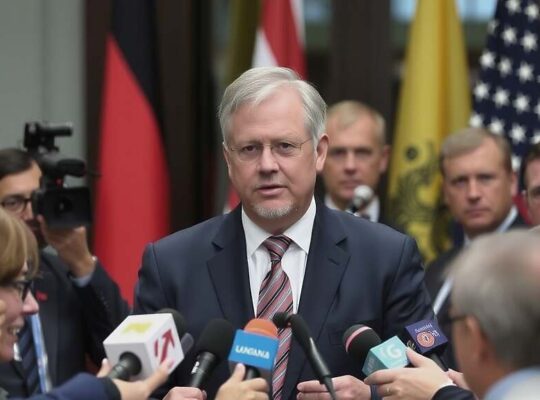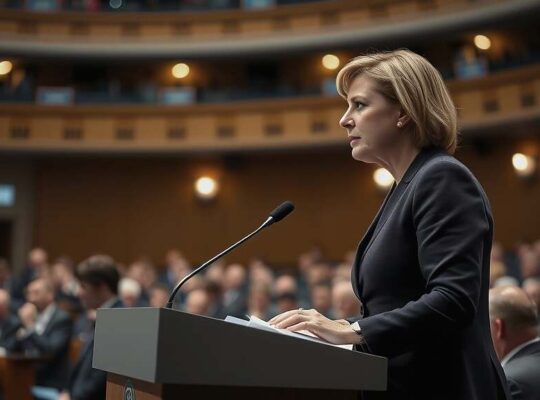Despite the establishment of a €500 billion special fund for infrastructure and climate neutrality (SVIK), the German federal government intends to invest only an additional €2.2 billion in climate protection measures this year. This information is contained in a response from the Federal Ministry of Finance to an inquiry from Green Party Member of Parliament Lisa Badum, as reported by the “Süddeutsche Zeitung.
Badum told the newspaper that she had to repeatedly inquire with the government “because it is impossible to see through the many budget tricks of the CDU/CSU and SPD”. The Ministry’s response was “disappointing” according to the Green Party’s spokesperson for climate policy. “In comparison, fossil gas is subsidized with €3.4 billion.
Badum further stated that the Ministry of Finance is also aware that €2.2 billion is a mere drop in the bucket. The response apparently disregarded the question of whether the additional climate protection measures for 2025 are sufficient to make Germany climate-neutral by 2045.
The Green Party accuses the black-red coalition of using a portion of the SVIK funds not for “additional” investments, but to plug budget deficits, a practice they deem questionable under German constitutional law. The party initially approved the creation of the new special fund – and the partial circumvention of the debt brake – shortly before the end of the previous electoral period. Their conditions at the time included transferring €100 billion from the SVIK to the Climate and Transformation Fund (KTF), from which projects will be financed to ensure Germany’s climate neutrality by 2045. Investments from the special fund were also stipulated to be “additional.
In its response to Badum, the Federal Ministry of Finance indirectly criticized the previous government, which included the Green Party. Their stated concerns include the fact that the KTF economic plan for 2025 included expenses of €9 billion that were not covered by any revenue. Furthermore, the previous coalition government, known as the “traffic light” coalition, planned to transfer €20 billion from the fund to the regular federal budget to close gaps.












